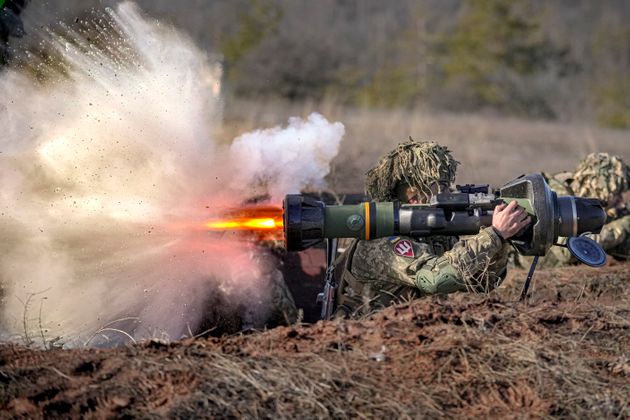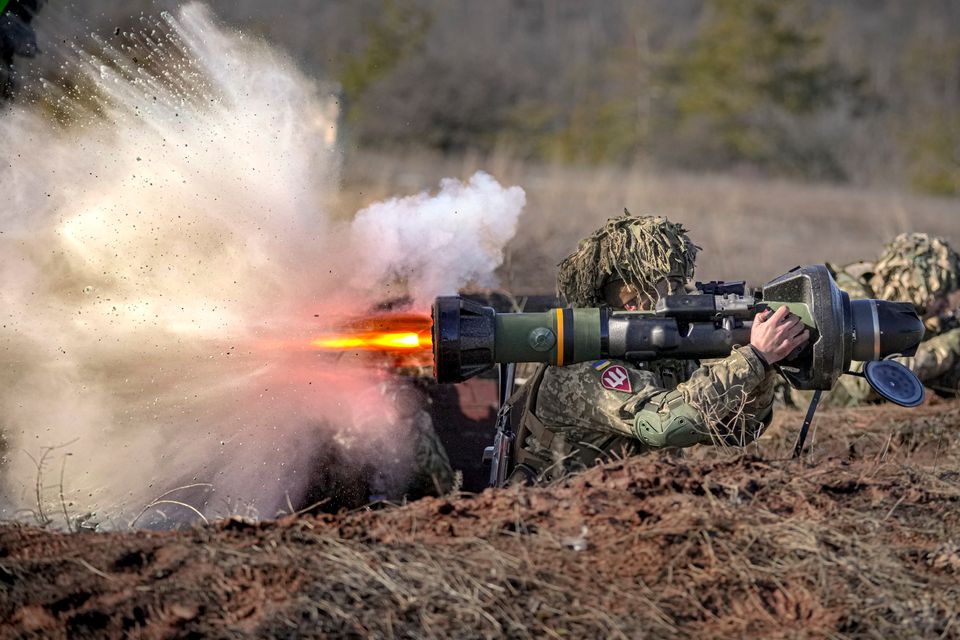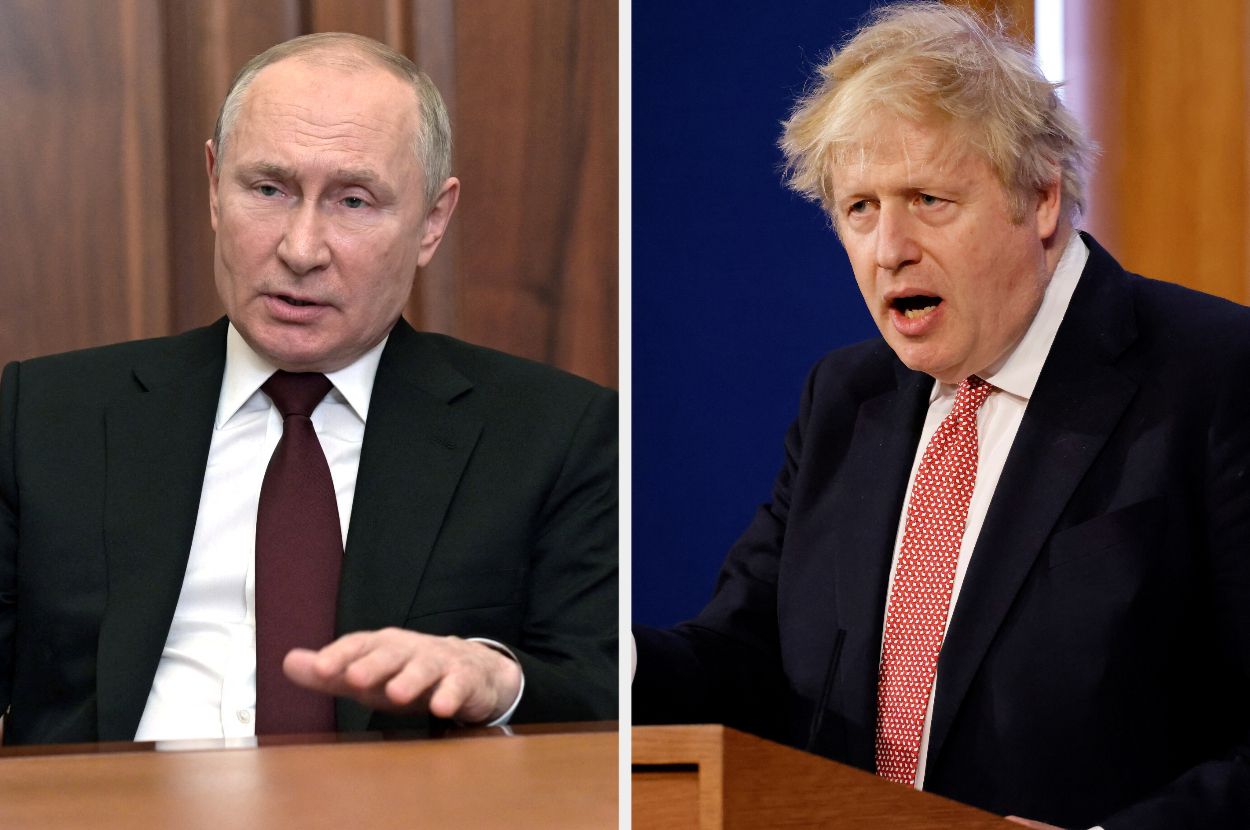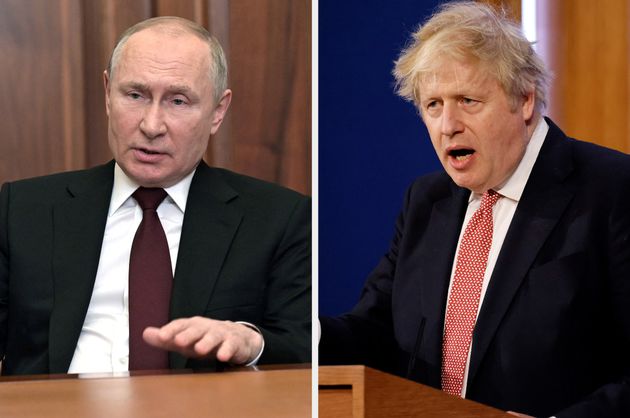A new phase of the war between Russia and Ukraine has begun, Ukrainian president Volodymyr Zelenskyy said on Monday night.
“Now we can already state that the Russian troops have begun the battle for the Donbas,” he said in a video address about the long-feared, full-scale offensive to take control of Ukraine’s east.
Advertisement
With a “significant part of the entire Russian army” now deployed in the region, according to Zelenskyy, here’s what you need to know about what could be a turning point in the conflict.
What has happened so far?
Advertisement
Russia’s invasion has damaged or destroyed up to 30% of Ukraine’s infrastructure at a cost of $100 billion, Ukrainian officials have said, as the United Nations revealed the civilian death toll has now surpassed 2,000. About four million Ukrainians have fled the country.
Advertisement
But Russia’s swift march to victory did not materialise. Driven back by Ukrainian resistance in the north, Moscow has refocused its ground offensive in the two eastern provinces known as the Donbas, while launching long-distance strikes at other targets including the capital, Kyiv.
What does the Donbas matter?
The Donbas is Ukraine’s mostly Russian-speaking industrial heartland in the east, where Moscow-backed separatists have been fighting Ukrainian forces for the past eight years and have declared two independent republics that have been recognised by Russia.
In recent weeks, the Kremlin declared the capture of the Donbas its main goal of the war after its attempt to storm Kyiv failed. After withdrawing from the capital, it began regrouping and reinforcing its ground troops in the east for what could be a climactic battle.
Advertisement
On Monday, Ukraine military generals said Russian forces were increasing assaults in the Luhansk and Donetsk regions – both of which are part of the Donbas – as well as in the area of Zaporizhzhia.
They also said Russia was sending reinforcements to the Crimean peninsula – seized from Ukraine in 2014 – and to the Rostov-on-Don area, which borders Ukraine.
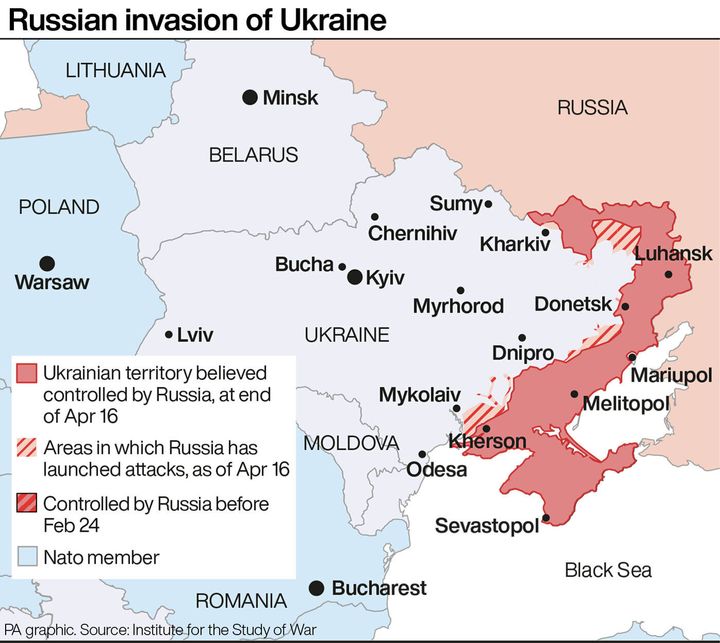
PA Graphics via PA Graphics/Press Association Images
Zelenskyy’s chief of staff Andriy Yermak called it “the second phase of the war” and assured Ukrainians that their forces could hold off the offensive. “Believe in our army, it is very strong,” he said.
The Associated Press reported a senior US defence official saying there are now 76 Russian combat units in eastern and southern Ukraine, up from 65 last week. That could translate to around 50,000 to 60,000 troops.
Russia’s stuttering campaign means control of eastern Ukraine has taken added significance, and may prompt the fiercest fighting yet. Russia needs some kind of “win” – recognising Russia’s claims in the Donbas and Crimea has also been the central plank of Vladamir Putin’s demands at failed peace talks – and following the sinking of its Black Sea lead ship, Putin will not be contemplating further embarrassment.
Wider attacks prepared the ground?
The new offensive in the east came as a Russian missile attack killed seven people in Lviv, the first civilian victims in the western city about 40 miles from Poland. It was one of a multitude of other targets across Ukraine in what appeared to be an intensified bid to grind down the country’s defences.
Lviv has seen only sporadic attacks during almost two months of war and has become a haven for civilians fleeing the fighting elsewhere.
In other developments, Ukrainian troops remained holed up at a mammoth steel mill in Mariupol, the last known pocket of resistance in the devastated southern port city.
The capture of Mariupol, where Ukraine estimates 21,000 people have been killed, is seen as key, and not just because it would deprive Ukraine of a vital port and complete a land bridge between Russia and the Crimean peninsula.
Advertisement
General Richard Dannatt, a former head of the British Army, told Sky News that Russia is waging a “softening-up” campaign ahead of the Donbas offensive.
The US defence official said that if Russian forces succeed in taking full control of Mariupol, that could free up nearly a dozen combat units for use elsewhere in the Donbas.
Is support from the West likely to grow?
Given the changing dynamics of the war, Ukraine is calling for an increasing supply of Western weapons.
Last week, US president Joe Biden announced an additional $800 million in military assistance to Ukraine, expanding the aid to include heavy artillery ahead of the wider Russian assault expected in eastern Ukraine.
The US military expects to start training Ukrainians on using howitzer artillery in coming days, with the training taking place outside Ukraine.
The Sun reported Boris Johnson is set to provide Ukraine with tank-mounted Stormer armoured missile launchers, another sign the West is prepared to offer as much military hardware as possible without triggering a wider Nato vs Russia conflict.

